Indoor plants are a popular way to add beauty and a touch of nature to our homes. However, if you have children or pets, it’s important to be aware of which plants are safe and non-toxic. Some indoor plants can be harmful or even poisonous to children and pets if ingested. In this article, we will cover all the toxic and non-toxic house plants. With alternatives, you don’t need to worry about the safety of your little ones or furry friends.
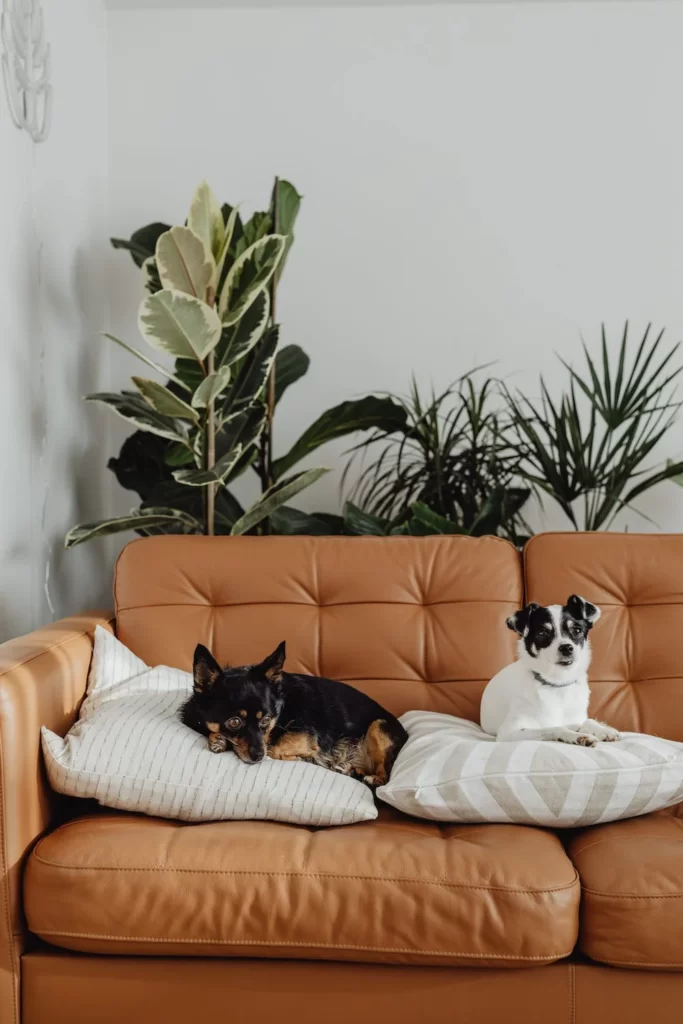
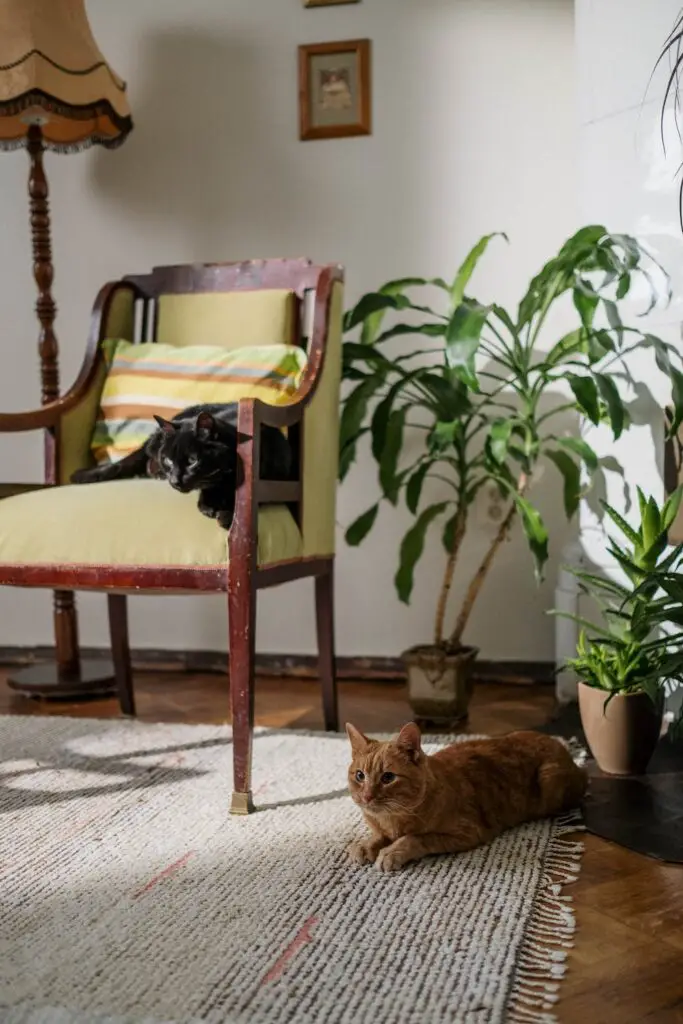
Table of Contents
Indoor plants that are harmful to pets and children
Research before bringing any new plants into your home, especially if you have young children or pets. Place indoor plants in areas out of reach of curious hands and paws. There are many common indoor plants that can be harmful or toxic to children and pets if ingested. Here are some examples of plants that should be kept away from children and pets:
- Philodendron (Philodendron spp.) – This popular houseplant is toxic to cats and dogs, and can cause swelling, irritation, and difficulty breathing if ingested.
- Dieffenbachia (Dieffenbachia spp.) – Dieffenbachia contains calcium oxalate crystals that can cause burning and swelling in the mouth and throat if ingested.
- Peace Lily (Spathiphyllum spp.) – While beautiful and easy to care for, peace lilies are toxic to cats and dogs and can cause vomiting, drooling, and difficulty swallowing if ingested.
- English Ivy (Hedera helix) – English ivy is toxic to cats and dogs and can cause vomiting, diarrhea, and breathing difficulties if ingested.
- Aloe Vera (Aloe vera) – While aloe vera is often used for its healing properties, the gel inside the leaves can be toxic to cats and dogs if ingested, causing vomiting, lethargy, and tremors.
- Pothos (Epipremnum aureum) – Pothos is toxic to cats and dogs and can cause swelling and irritation in the mouth and throat if ingested.
- Snake Plant (Sansevieria trifasciata) – While it’s a great air purifier, snake plant is toxic to cats and dogs and can cause vomiting and diarrhea if ingested.
Keep in mind that even though plants that are safe for humans may not be safe for pets. It’s always a good idea to do your research before bringing any new plants into your home. If you suspect that your child or pet has ingested a toxic plant, seek immediate medical attention.
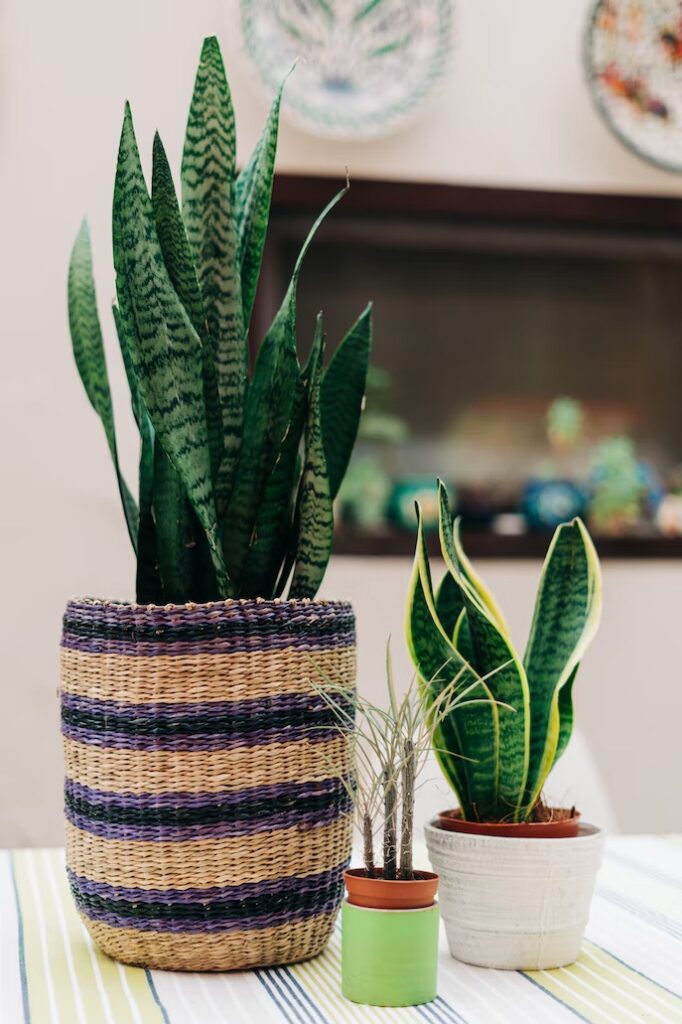
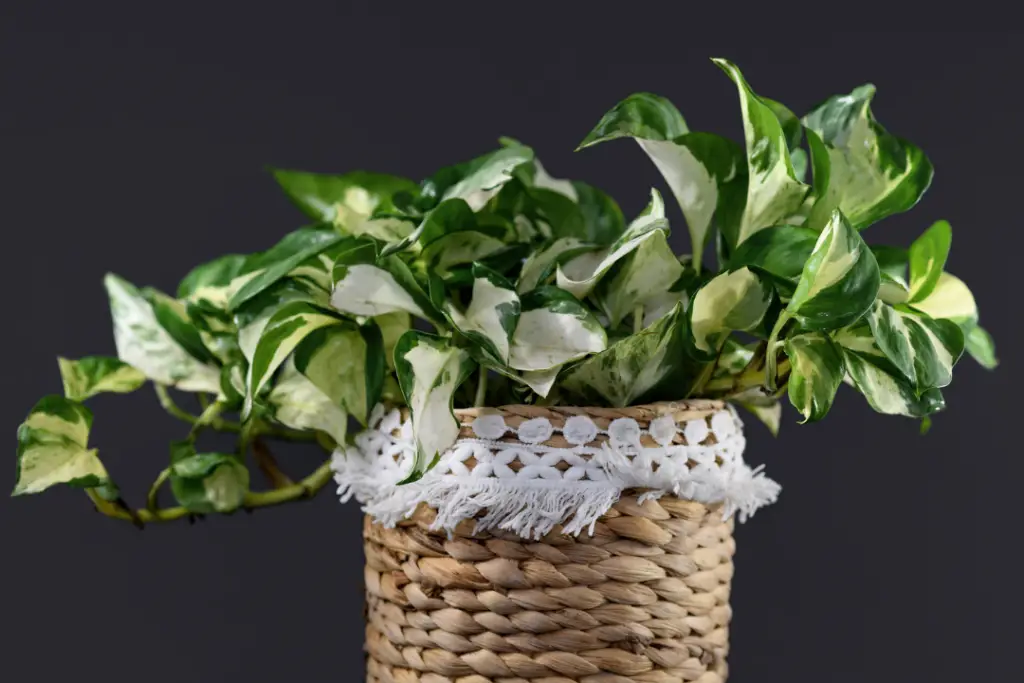
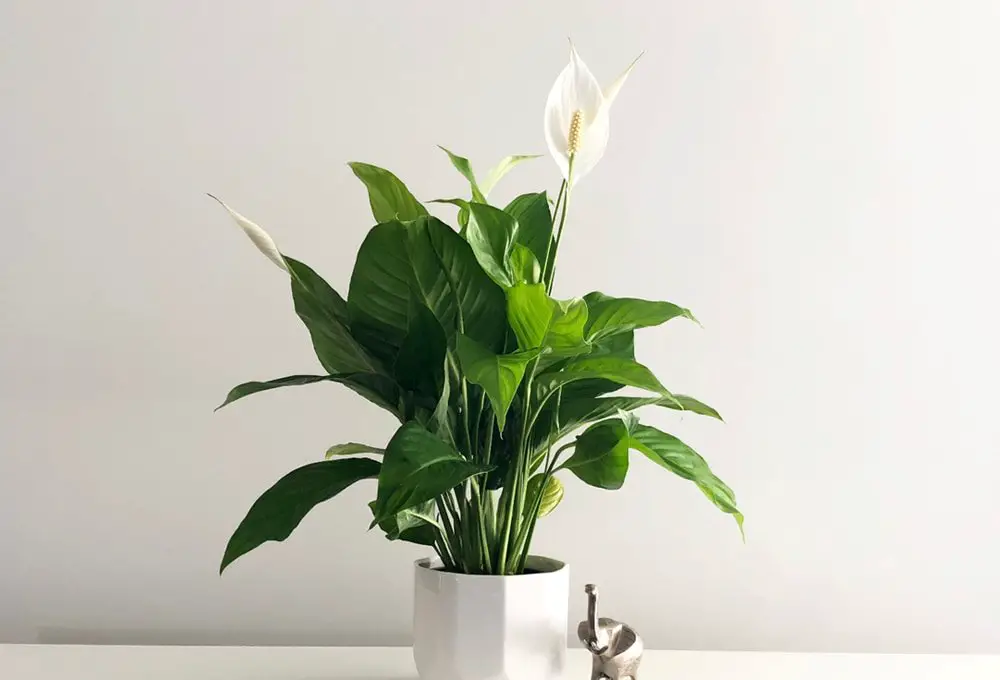
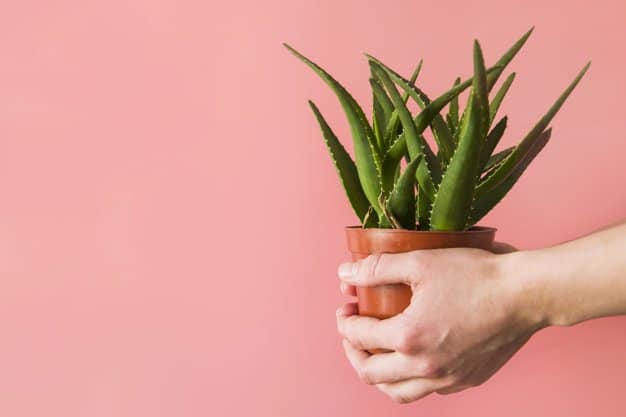
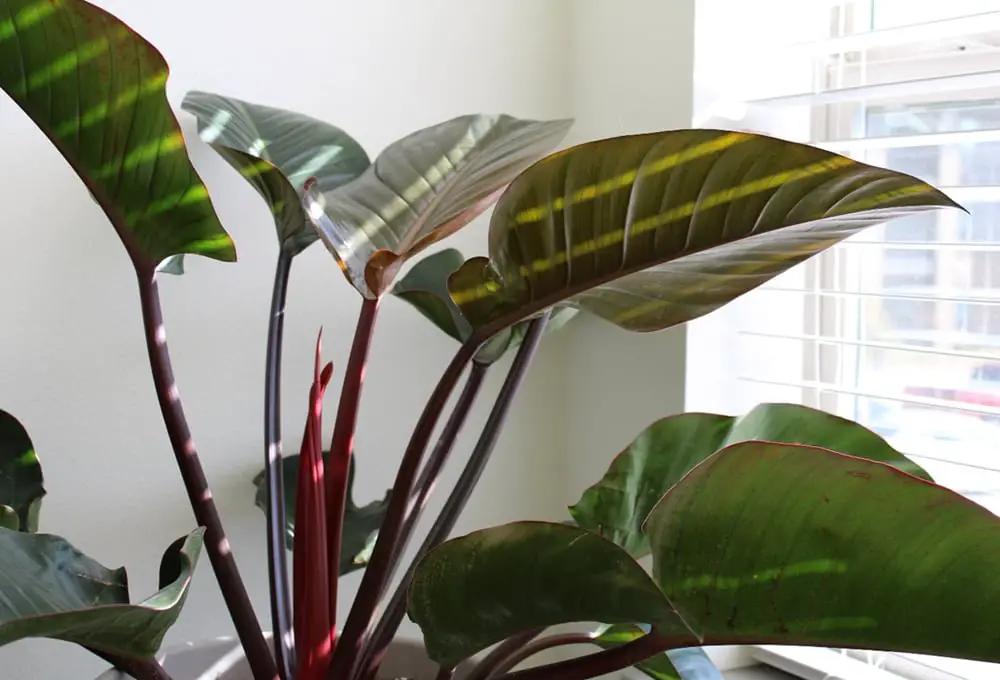
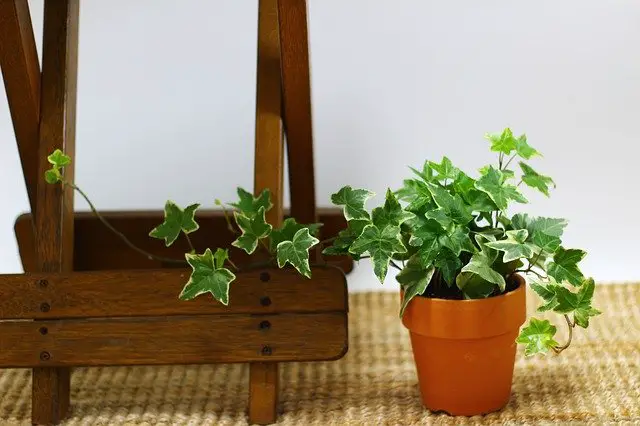
Emergency measures for poisonous indoor plant ingestion
If your child or pet has ingested a poisonous indoor plant, it is important to take action immediately. Here are some steps you can take:
- Remove any remaining plant material from the mouth: If you see any plant material in your child or pet’s mouth, carefully remove it.
- Identify the plant: Try to identify the plant that your child or pet has ingested. If you have the plant label or a photo of the plant, that will be helpful. You can also contact your local poison control center or veterinarian for assistance in identifying the plant.
- Call your doctor or veterinarian: Call your doctor or veterinarian right away if your child or pet is showing any signs of poisoning, such as vomiting, diarrhea, difficulty breathing, or lethargy.
- Seek emergency care: If your child or pet is experiencing severe symptoms or is unconscious, seek emergency medical care right away.
- Keep the plant away from your child or pet: Once you have identified the plant, remove it from your home to prevent further ingestion.
Prevention is the best approach when it comes to protecting your children and pets from poisonous plants. Research any plants before bringing them into your home, and keep them out of reach of children and pets.
Child-proofing your indoor garden
The first thing you need to do is to keep the plants out of reach. In addition, place the plants in high areas or shelves. You can also use plant hangers or wall-mounted planters to keep the plants away from curious hands. In addition, create physical barriers by using plant stands or fencing to keep children and pets away from the plants. Educate your children about the dangers of toxic plants, inform them not to touch or ingest any toxic indoor plants. Consider replacing toxic plants with safe, non-toxic options, to ensure that your home contains non-toxic plants.
Furthermore, secure pots and containers so that they are not easily tipped over by pets or children. Cover soil with rocks, pebbles or decorative materials to prevent children or pets from accessing the soil and potentially ingesting it. Regularly monitor your plants to check for signs of damage, wilting, and promptly remove any damaged leaves or stems that may have fallen. If you are unsure about the safety, it’s always best to err on the side of caution and remove it from your home.
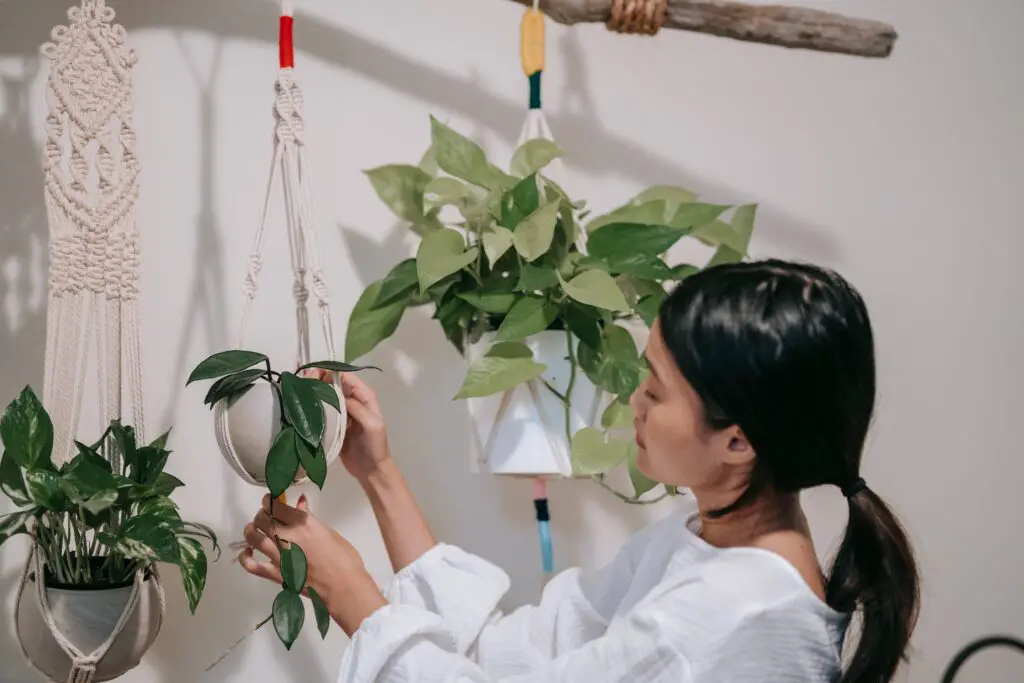
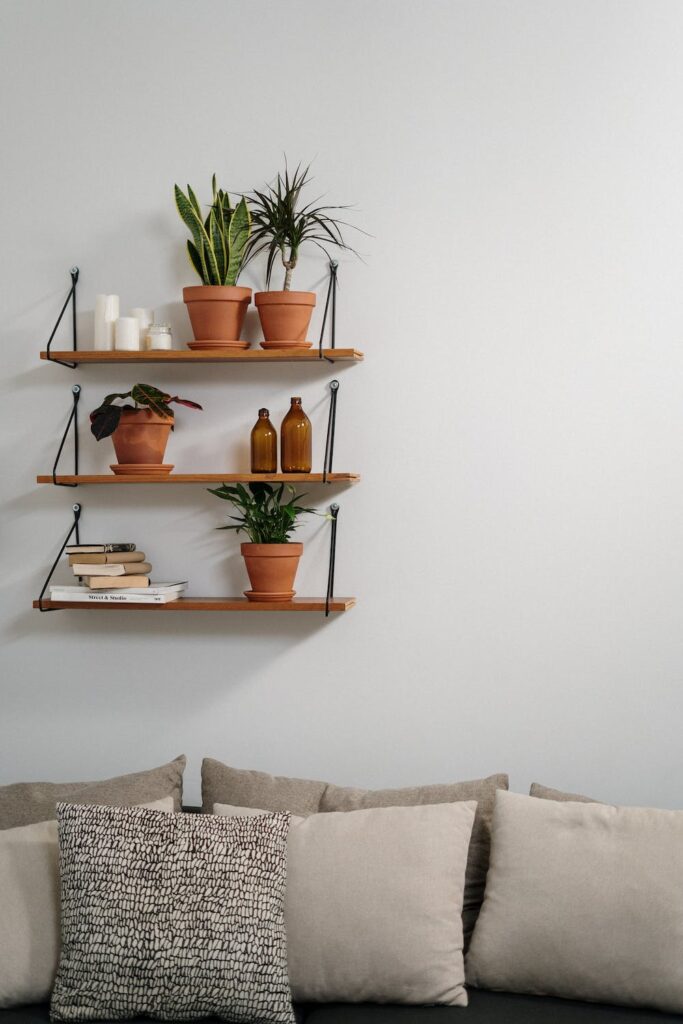
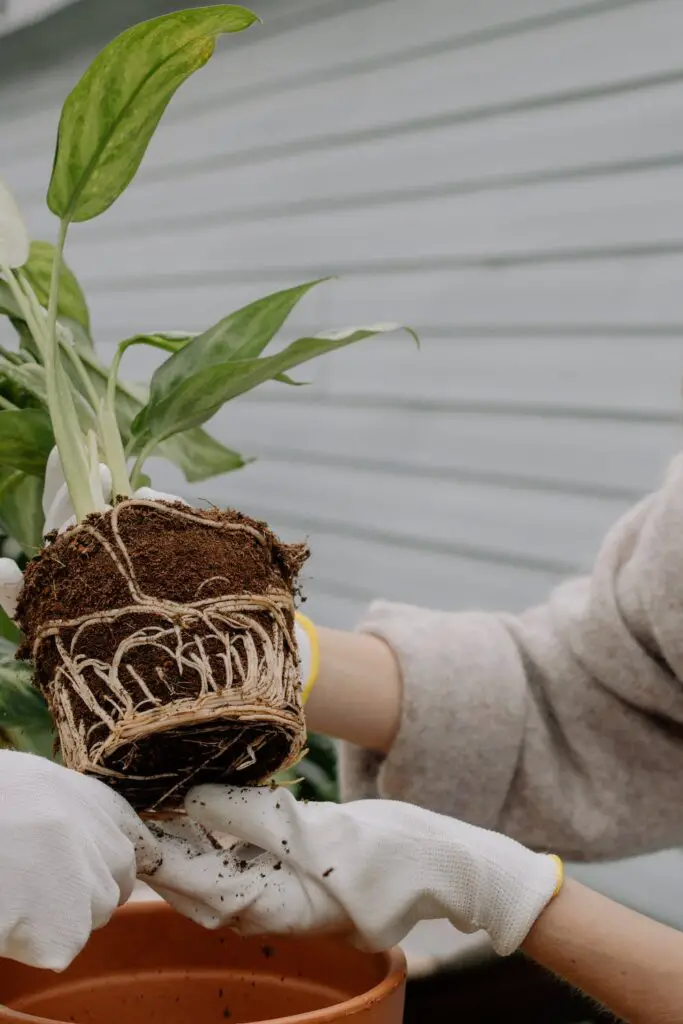
Pets
Provide your pets with plenty of safe chew toys to help redirect their chewing behavior away from your plants. Supervise your pets when they are in the same room as your plants so that they don’t ingest them. You can help to ensure the safety of your pets while still enjoying the beauty of indoor plants. If you suspect that your pet has ingested a toxic plant, seek veterinary attention immediately.
Non-toxic indoor plants safe for children and pets
Many indoor plants are poisonous and can be dangerous if ingested by children or pets. Fortunately, there are plenty of non-toxic indoor plants that are safe for your furry friends and little ones. In this article, we’ll explore some of the best non-toxic indoor plants for children and pets.
- Spider Plant: non-toxic to cats, dogs and children. These plants have a mild taste, so even if ingested by pets or children, they shouldn’t experience any harmful effects.
- African Violet: are non-toxic to cats, dogs and children. You don’t have to worry about your furry friends or children getting into them. African violets are also easy to care for and can bloom year-round with proper care.
- Boston Ferns: consists of lush foliage and are non-toxic to both cats and dogs, making them a great choice for pet owners. However, these ferns can be finicky and require more maintenance than some of the other plants on this list.
- Bamboo Palm: are great air purifiers and are non-toxic to children and pets. If you have a large space that needs a plant with some height, the bamboo palm is a great choice.
- Christmas Cacti: indoor plant that blooms all year round, adding a festive touch to any home. They’re also non-toxic to children, cats and dogs, so you don’t have to worry about your pets getting into them. Christmas cacti are easy to care for and can live for many years with proper care.
- Ponytail Palm: are non-toxic to pets and children cats and they require minimal maintenance, making them a great choice for busy households. Ponytail palms have long, thin leaves that give them a unique look and can add interest to any space.
- Parlor Palm: are non-toxic and safe for both children and pets. Parlor palms have long, slender leaves that give them a tropical look and can add a touch of green to any room.
- Peperomia: low-maintenance indoor plants that can grow in low-light conditions, also comes in a variety of colours and are not harmful to pets nor children.
- Rubber Plant: can thrive in low-light conditions and are not harmful to pets nor children. Rubber plants are hardy and can grow to be quite large with proper care.
- Prayer Plant: a unique indoor plant that is safe for both pets and children. Prayer plants are low-maintenance and can add a touch of interest to any room. They are a great addition to any pet or child-friendly home.
- Jade Plant: has unique, waxy leaves and their ability to thrive in a variety of lighting conditions. They are also safe for both children and pets, making them a great choice for households with curious little ones.
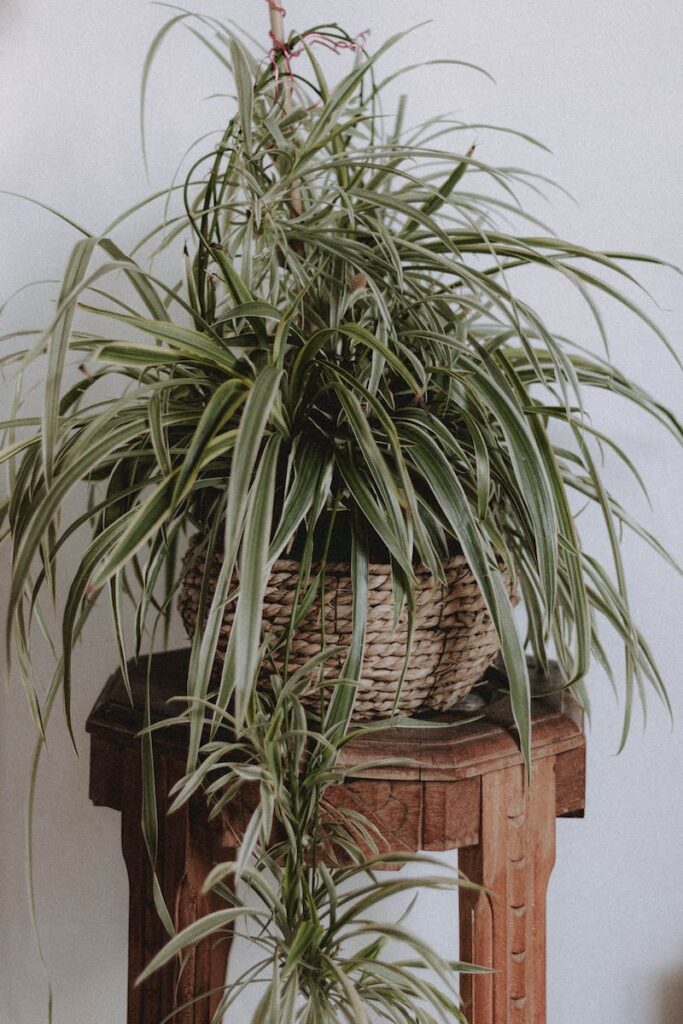
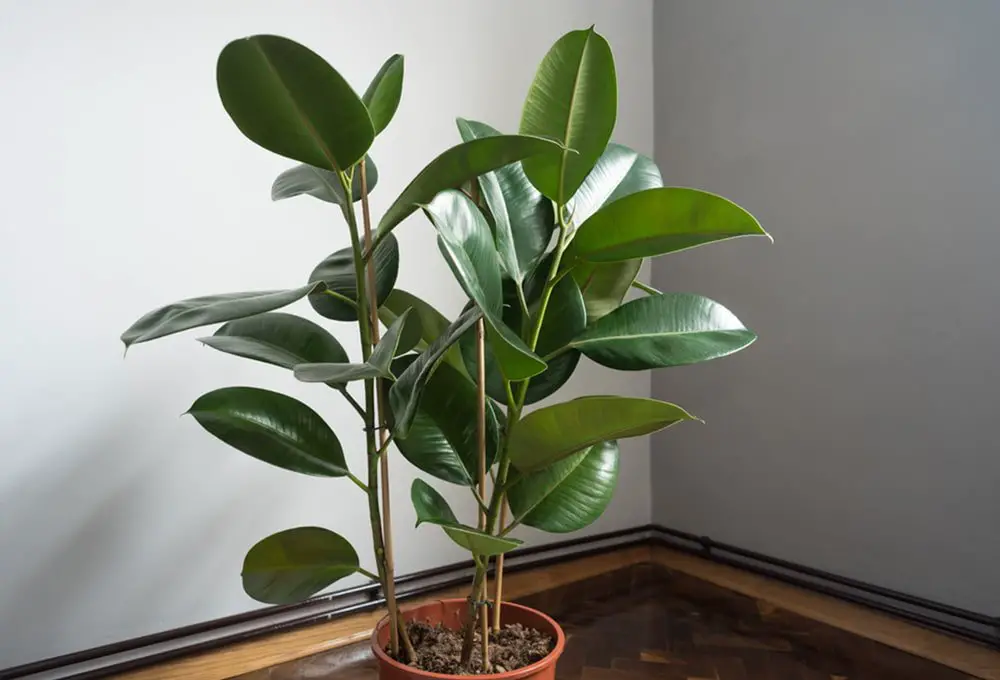
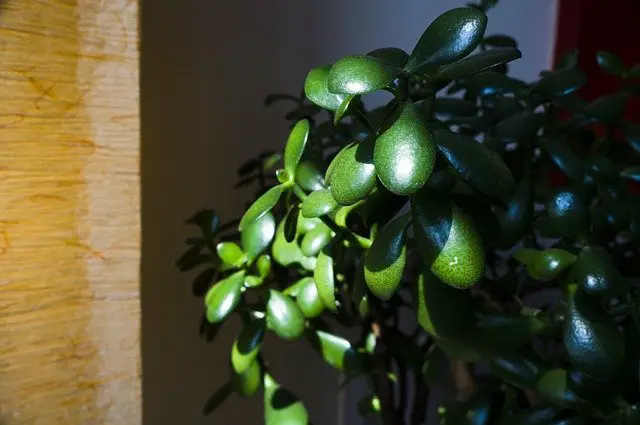
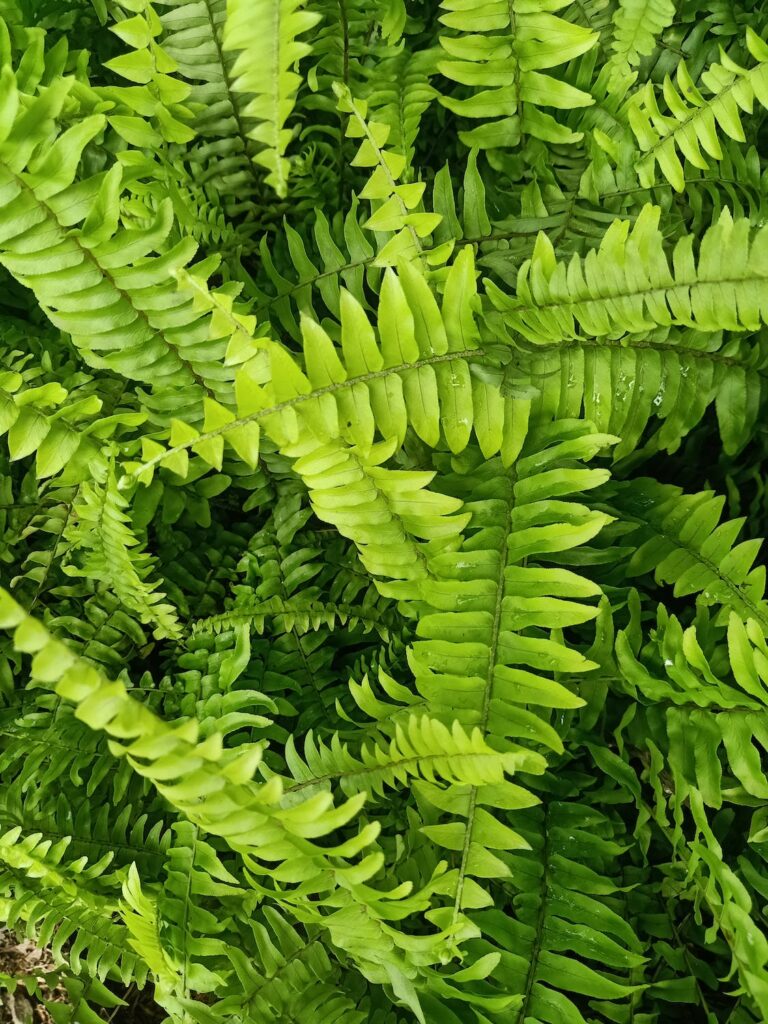
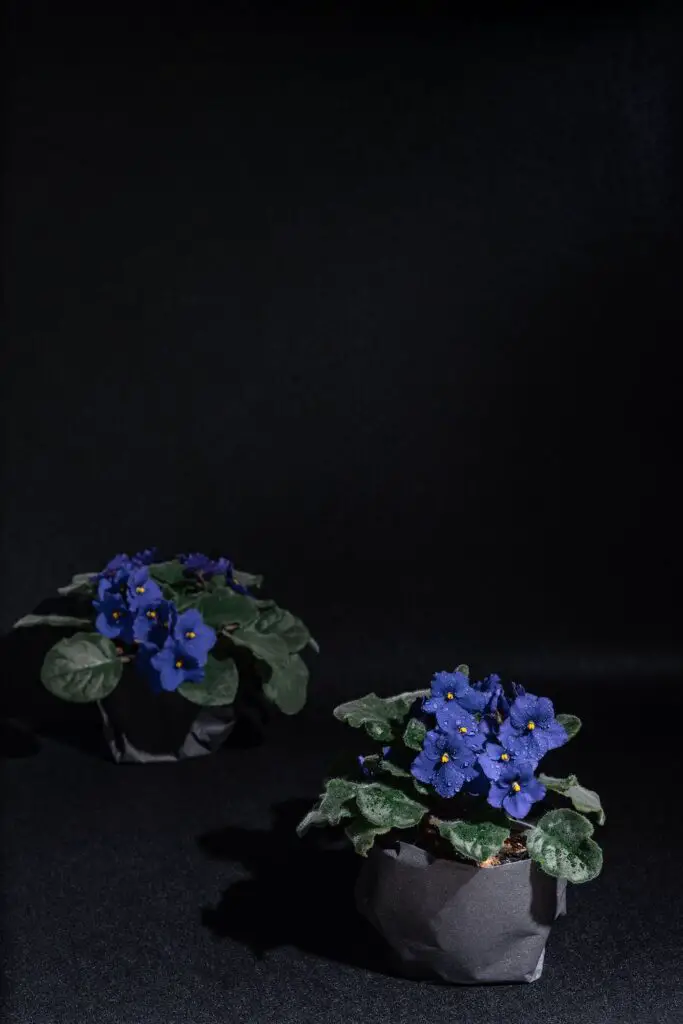
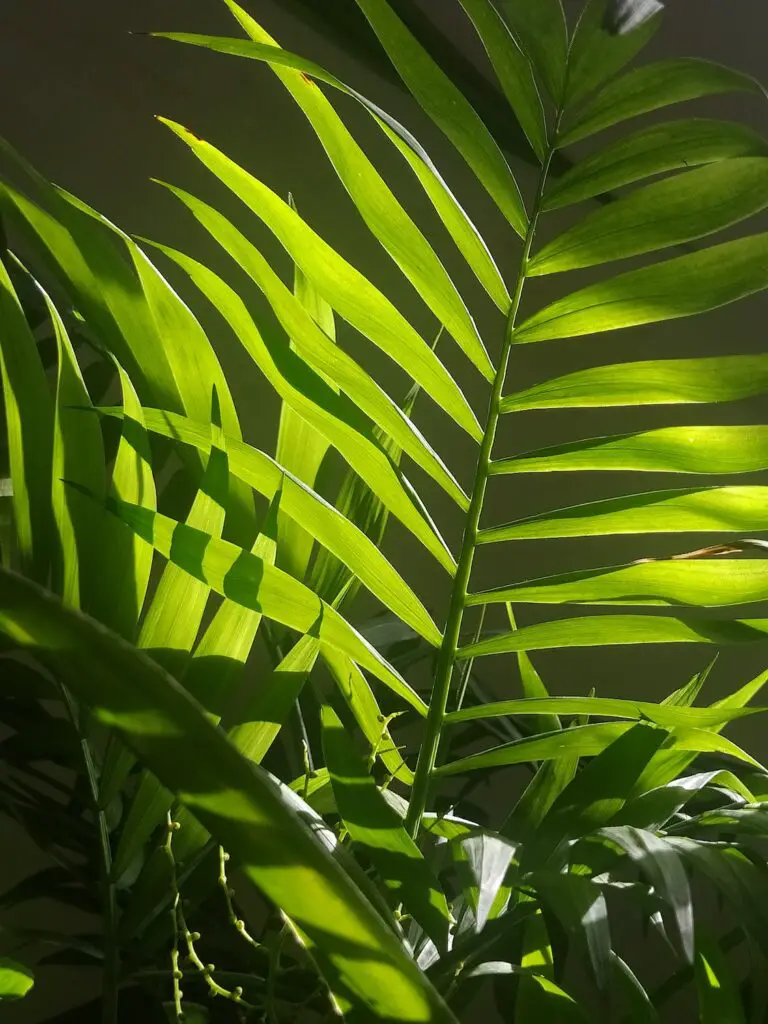
Conclusion
In conclusion, there are many non-toxic indoor plants that are safe for pets and children. These plants not only add beauty and life to your home, but they also have air-purifying properties that can help improve the overall air quality of your living space. When selecting indoor plants, it’s important to do your research to ensure that they are safe for your furry friends and little ones. By choosing non-toxic indoor plants, you can enjoy the benefits of indoor gardening without worrying about the safety of your pets and children.
